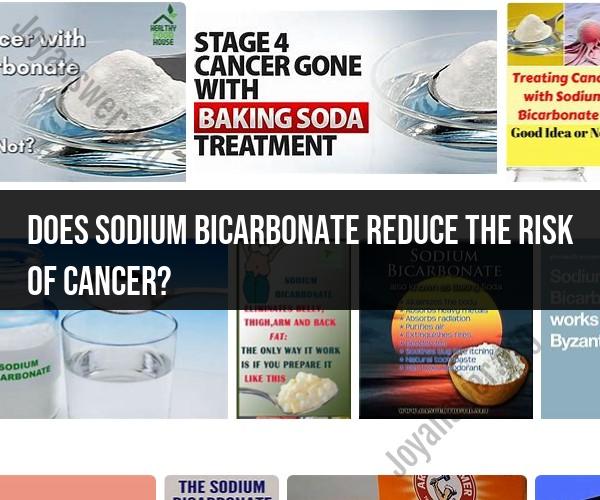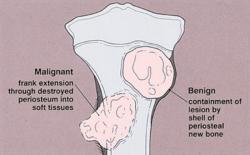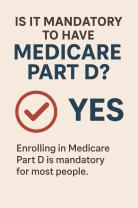Does sodium bicarbonate reduce the risk of cancer?
Sodium bicarbonate, also known as baking soda, has been a subject of interest regarding its potential role in cancer prevention and treatment. However, it's important to clarify that there is limited scientific evidence to support the idea that sodium bicarbonate reduces the risk of cancer. The connection between sodium bicarbonate and cancer risk is complex and not fully understood.
Here are some key points to consider:
Acidity and Cancer: One theory behind the interest in sodium bicarbonate is related to the acidity of cancer cells. Some studies have suggested that cancer cells tend to have a more acidic environment compared to healthy cells. Sodium bicarbonate is an alkaline substance and can be used to raise the pH level of bodily fluids, potentially making the environment less favorable for the growth of cancer cells. However, this concept is highly debated within the scientific community, and the relationship between acidity and cancer is not straightforward.
Lack of Clinical Evidence: While there have been some laboratory and animal studies exploring the effects of sodium bicarbonate on cancer cells, there is a lack of robust clinical evidence to demonstrate its effectiveness in preventing or treating cancer in humans. Cancer is a complex disease with various factors at play, and there is no single "cure" or preventive measure.
Potential Risks and Side Effects: The use of sodium bicarbonate as a treatment or preventive measure for cancer is not without potential risks and side effects. Overusing sodium bicarbonate can lead to metabolic imbalances, electrolyte disturbances, and other health issues. It should only be used under the guidance of a healthcare professional, and its use should not replace conventional cancer treatments.
Consultation with a Healthcare Provider: Individuals who are concerned about cancer risk or are seeking complementary therapies should consult with a qualified healthcare provider or oncologist. They can provide evidence-based guidance on cancer prevention, screening, and treatment options tailored to the individual's specific situation.
In summary, while there may be ongoing research into the potential connections between sodium bicarbonate and cancer, it is essential to approach this topic with caution. There is no conclusive evidence to suggest that sodium bicarbonate can reduce the risk of cancer, and its use in cancer prevention and treatment should be discussed with healthcare professionals who can provide appropriate guidance and recommendations based on established medical practices.












